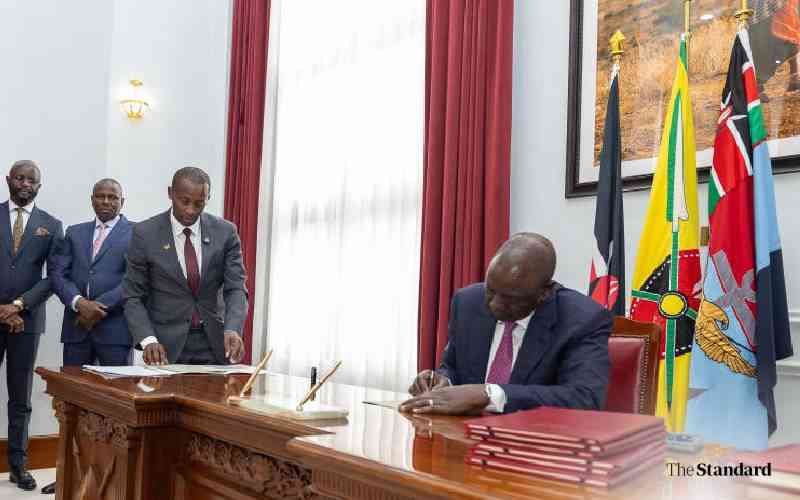Bill to make voting mandatory scales second reading at house of reps | TheCable
The bill, which is sponsored by , speaker of the house, passed the second reading stage after an extensive debate on Thursday.
Leading the debate, Daniel Ago, the co-sponsor, said the proposed legislation seeks to amend the Electoral Act 2022 to tackle the problem of low voter turnout.
He said compulsory voting law would increase civic engagement and voter participation, making electoral involvement a legal obligation rather than a personal choice.
Ago said the bill, if passed into law, would strengthen democracy by improving representation, foster a more politically aware country, and reduce vote buying.
Benjamin Kalu, the deputy speaker, supported the bill and said adding that citizens are expected to perform certain civic responsibilities.
He cited Australia, where voting is compulsory, saying it is a crime not to vote, noting that it has resulted in a stable and inclusive governance in the country.
“In Australia, it is an offence not to vote in any election. There are some incentives that you will be denied for not voting,” he said.
Kalu said Nigerians should be part of the decision-making in elections.
Awaji-Inombek Abiante, a People’s Democratic Party (PDP) member from Rivers state, said there are no incentives for citizens to support a compulsory voting law.
Abiante referenced Kalu’s argument, asking what incentives citizens would be denied if they do not vote.
“What are the incentives that would be denied to citizens?” he asked. “Voting should be free,” Abiante added.
Abiante also expressed concerns about the voter register, saying, “It is not clean”.
“Who will provide the logistics for Nigerians abroad to come home and vote?” Abiante asked.
But Abbas responded, noting that there are some exceptions in specific laws.
Mark Esset, a lawmaker from Akwa Ibom state, who also rejected the bill, said the house should not enact a compulsory voting law when citizens have “lost confidence” in voting process.
“It is a good bill, but we are trying to build something on nothing. While we want to make voting compulsory, there should also be a law to make voting count,” he said.
While lawmakers were opposing the bill, Kalu
consistently interrupted them, citing order 9, demanding that they confine their argument to the rules of the debate.
Abbas had to correct him, clarifying that the debates were in line with the bill’s general principles.
When the speaker called for a voice vote on the bill, the “ayes” were louder than the “nays”.












